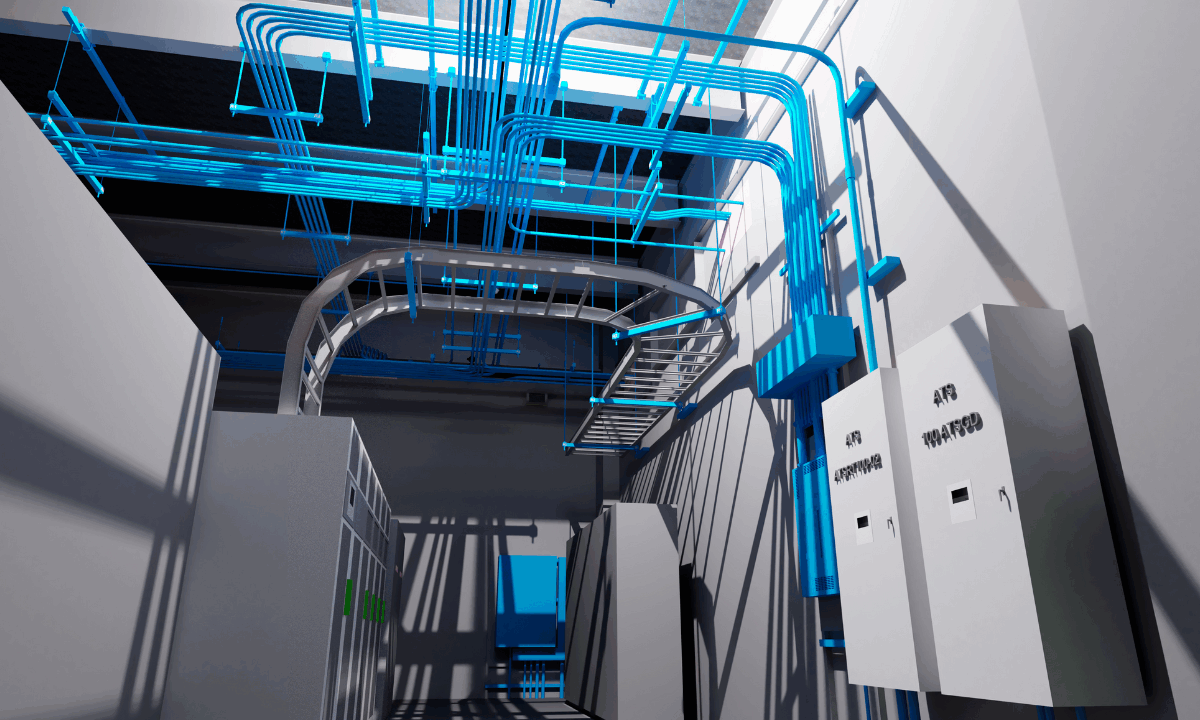Innovative technology is revolutionizing the construction industry, and forward-thinking companies are reaping the benefits. According to a recent report by Deloitte on the outlook for 2022, the industry has increased investments in digital technology to “shift toward connected construction capabilities.” The report further explains: “These technologies can help E&C firms support initiatives such as smart cities, urban air mobility and climate change programs and help enhance internal operational efficiencies, reduce costs and improve margins. In 2022, connected construction will likely be a catch-all for major digital investments to connect, integrate and automate operations and bring the entire value chain onto a secure, intelligent infrastructure.”
Indeed, from the implementation of “Internet of Things” sensors on a construction site for automatic material replenishment, to the use of mobile devices for foreman to track analytics in real time and avoid manually compiling reports, technology has undoubtedly changed the game.
One of the most important innovations is AI-powered sourcing technology, which speeds up the procurement process for buyers and can save time and money, as well as lower risk for construction and property leaders. Below are some of the main benefits to becoming an early adopter of cutting-edge procurement technology.
1. Increase competition among suppliers
Competition helps drive innovation and lower costs, but finding qualified suppliers can be challenging, especially the diverse suppliers that many leaders are tasked with identifying to help meet ESG goals. New AI-powered technology can quickly match qualified bidders to projects, creating shortlists that include both existing and new, diverse providers.
2. Reduce risk
Innovative technology can introduce important questions or issues during the sourcing process that may have been otherwise overlooked, ensuring companies address potential risks before contracting with a provider. Natural language processing can guide users through a dynamic Q&A and precisely scope services to minimize project creep. This consumer-centric user experience is especially beneficial for those who aren’t experts in procurement, as the technology brings in a lot of collective, crowd-funded expertise.
3. Simplify the sourcing process
The traditional RFP has always been a painstaking, antiquated process, with cumbersome steps that requires a lot of time for employees to complete. AI-powered technology simplifies the sourcing process, particularly the completion of RFPs, freeing employees up to focus on more high-value activities. AI enables precise sourcing at scale, maximizing efficiency gains and simplifying the process for busy teams. AI identifies desired business requirements up front and then offers a shortlist of suppliers exhibiting those characteristics, making it easy to select the best supplier for each specific need.
4. Eliminate human error
In construction, pricing proposals tend to be complex and time-consuming, with multiple tabs, line items and calculations. New intelligent technology can compile pricing forms automatically, which not only speeds up the process but also reduces human error. Rather than have humans collate 25 spreadsheets into a single document, for example, AI can take over the process with more efficiency and accuracy.
5. Maximize Value
Companies can generate unprecedented cost savings through precise scoping and curated bidder lists with AI-powered category expertise, resulting in instant savings of more than 20% at a time when companies are under pressure due to unprecedented rises in input costs. To ensure that companies get the most value out of services, innovative AI can automatically extract outliers from bid responses in cases when a bidder forgets to answer certain questions, as well as compare current bids to historical pricing.







